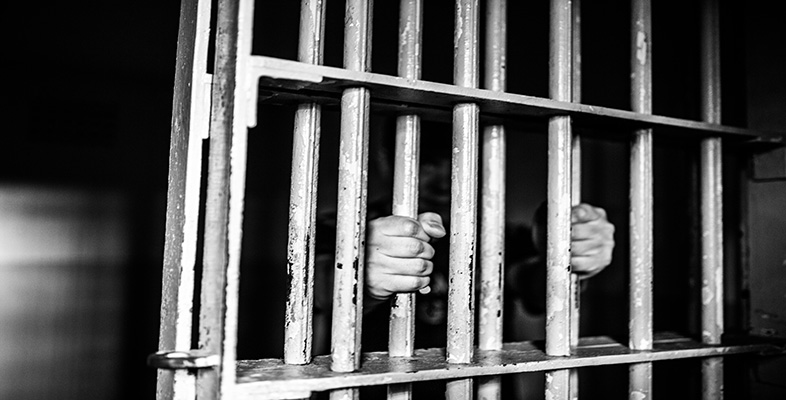Conclusion
Critical criminological perspectives all broadly refer to a strain of criminology that views crime as the product of social conflict; unequal power and social relations; and processes of labelling and meaning-making. As a result, critical criminologies have invited a radical reconfiguring of our focus from ‘criminal justice’ to ‘social justice’.
Critical criminological approaches departed from the positivist origins of mainstream criminology that had focused primarily on the search for the causes of crime, rather than questioning the basic category of ‘crime’. These critical approaches began to focus instead on the processes by which the law is made, and by which, therefore, individuals and groups become criminalised. The emergence of critical criminology represented a stark shift in criminological thinking. In this course you have been introduced to a number of key ideas and clusters of theories that rejected concepts of individual and social pathology in preference to frameworks that examine crime and deviance through processes by which certain behaviours are defined, labelled and policed by the state (Scraton and Chadwick, 1991).
Review Questions
- What is ‘critical’ about critical criminological perspectives?
- In what ways does the ‘social construction of law’ help us to further understand crime and criminality?
- What biases and discriminations exist in the criminal justice system and why?
- Why is critique a ‘necessity’ in analyses of crime and justice? How does it promote human rights and social justice?
